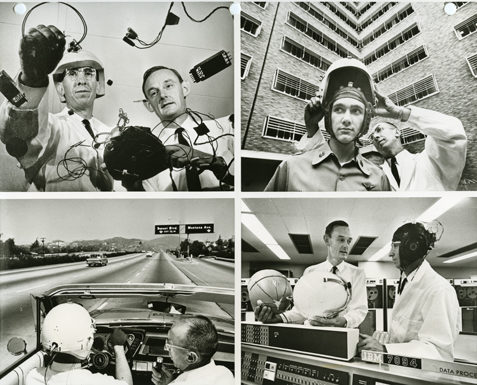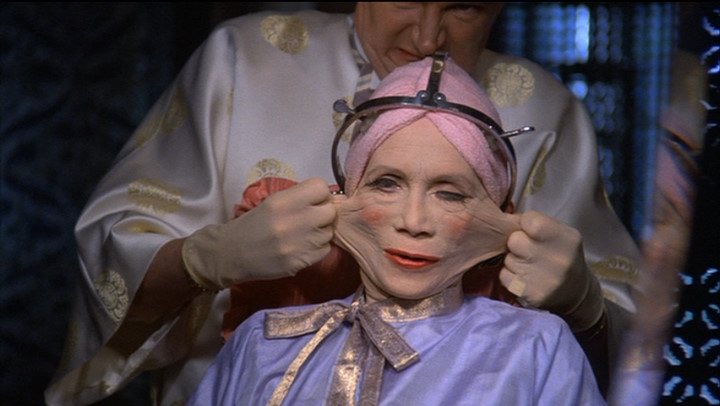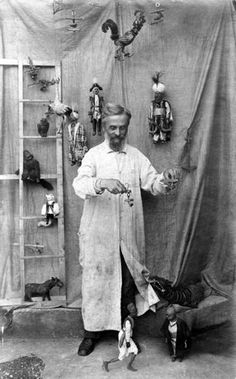We think we’re the captains of our own vessels, but then our brains remind us we’re merely passengers.
Some experience this phenomenon of being prone to our own heads in an even more pronounced way. In his latest excellent piece for BBC Future, David Robson writes of a man whose illness left him with a brain that created fictional “memories” for him. The effect is called “confabulation,” with the organ alternating between narratives true and untrue, with the “reader” left to fathom what’s what.
The opening:
A few months after his brain surgery, Matthew returned to work as a computer programmer. He knew it was going to be a challenge – he had to explain to his boss that he was living with a permanent brain injury.
“What actually happened at the meeting was that the employers said, ‘How can we help you, how can we make you fit back into work and get back on your feet again?’” Matthew explains. “That’s what they said. But my recollection the next day was that they were going to fire me – there was no way they could allow me back into work.”
The memory was very vivid – he says – just as believable as anything that had actually happened. Yet it was completely false. Today, Matthew knows it was one of the first signs that he was suffering from “confabulation” as a result of his brain injury. Confabulators don’t mean to lie or mislead, but some fundamental problems with the way they process memories mean they often struggle to tell fact from a fiction concocted by their unconscious mind.
The discovery was another painful blow to Matthew (whose name has been changed to preserve his privacy). “I was really scared – I thought I can’t trust what’s actually happened.”
His dilemma, although extreme, can help us all to understand the frailties of our memories, and the ways our minds construct their own versions of reality.•




